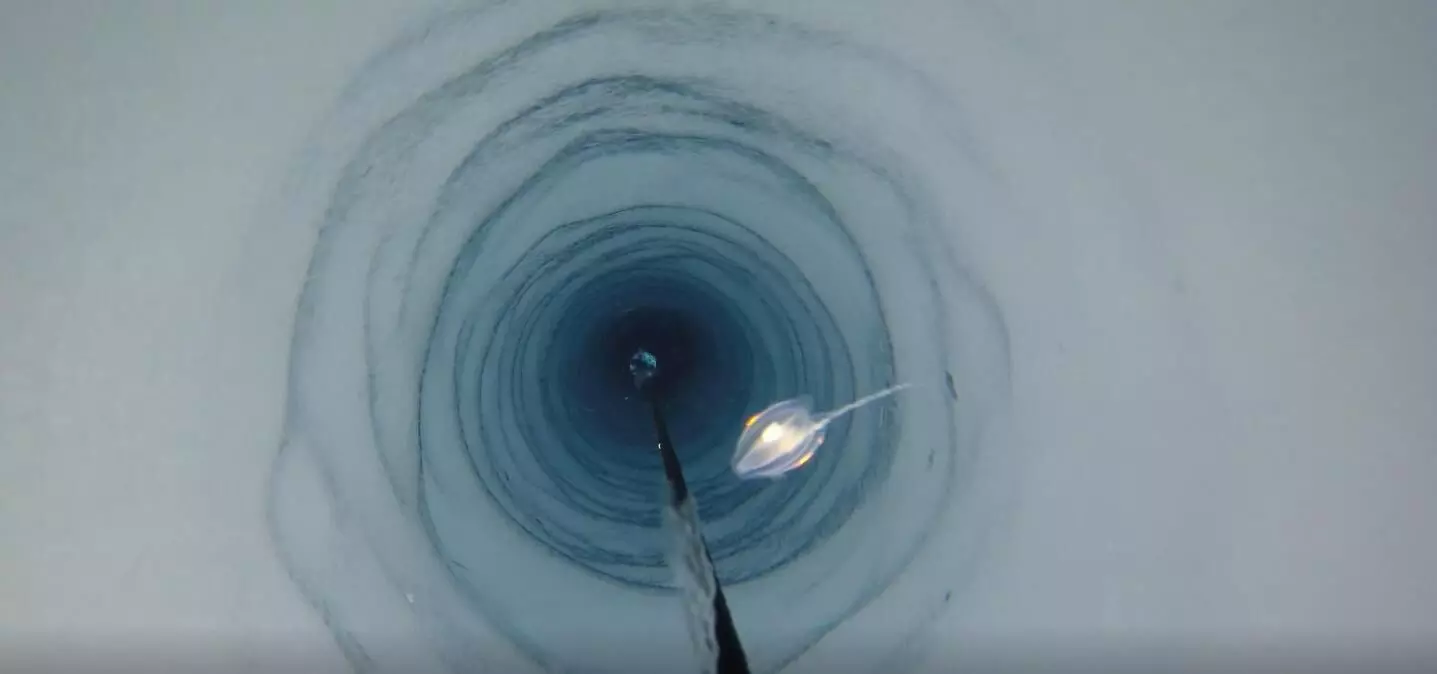
Discovery of strange creatures under an ice shelf in Antarctica
text_fieldsA group of scientists have discovered "strange creatures" living under a 900-meter-thick Antarctic ice shelf, according to an article published Monday in frontiers in Marine Science.
By digging through the Filchner-Ronne Ice Shelf, scientists accidentally discovered sea sponges and possibly other vertebrates that clung to a boulder on the seabed.
"We were expecting to retrieve a sediment core from under the ice shelf, so it came as a bit of a surprise when we hit the boulder and saw from the video footage that there were animals living on it," said James Smith, a geologist at the British Antarctic Survey (BAS).
According to the BAS, this is the first study to find animals living in such conditions as only very few other species have been spotted 260 kilometres from the open ocean, living in darkness and at temperatures of -2.2°C. The animals are 1,500 kilometers away from any source of metabolism as the basic elements of photosynthesis such as sunlight, scientists said.
"This discovery is one of those fortunate accidents that pushes ideas in a different direction and shows us that Antarctic marine life is incredibly special," said Huw Griffiths, a biogeography scientist and co-author of the study.
"Our discovery raises so many more questions than it answers, such as how did they get there? What are they eating? How long have they been there?" ask Griffiths.
According to the report, this evidence requires researchers to rethink ideas with regard to the diversity of community types found under ice shelves, the key factors which control their distribution and their vulnerability to environmental change and ice shelf collapse.
























